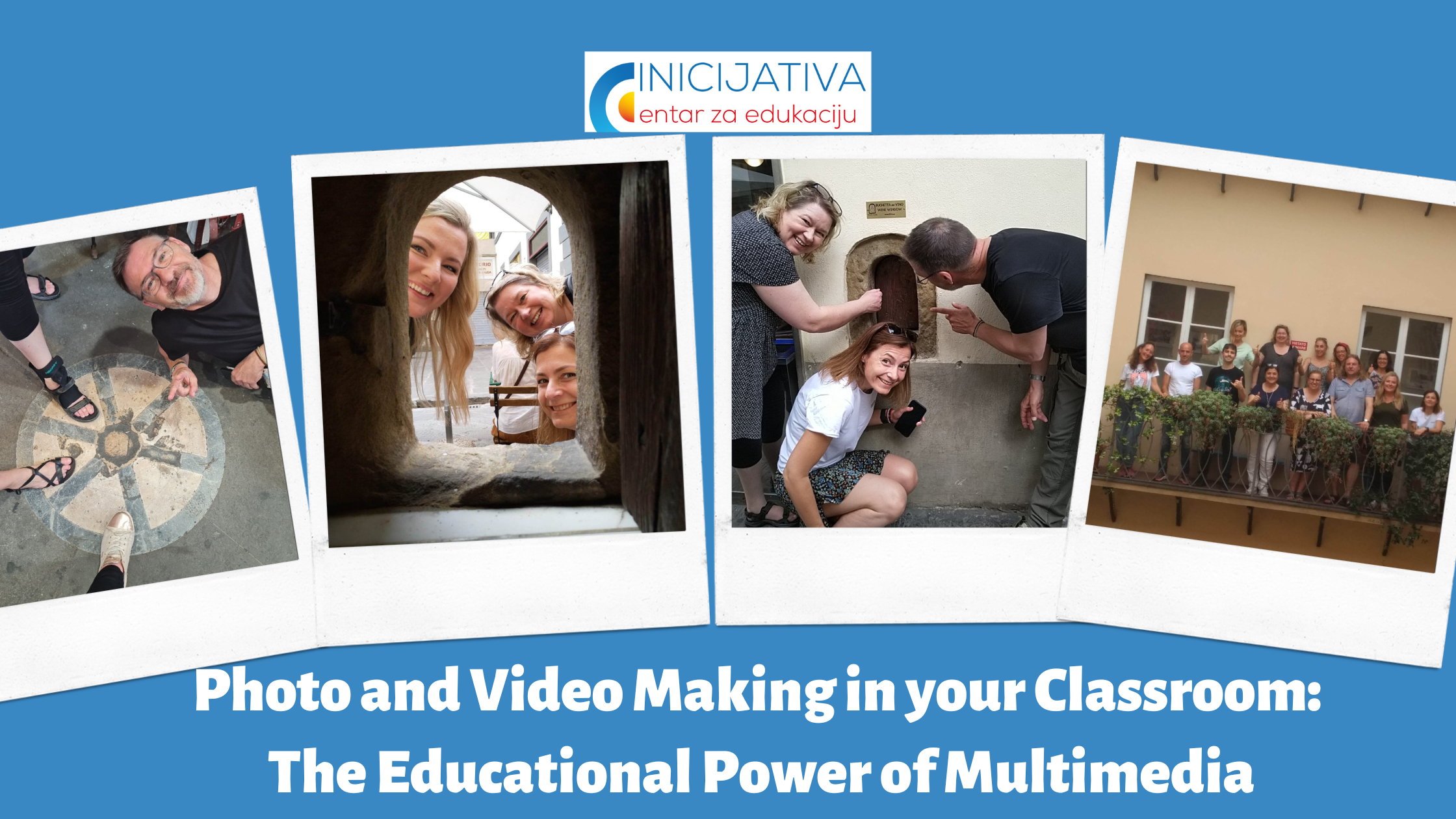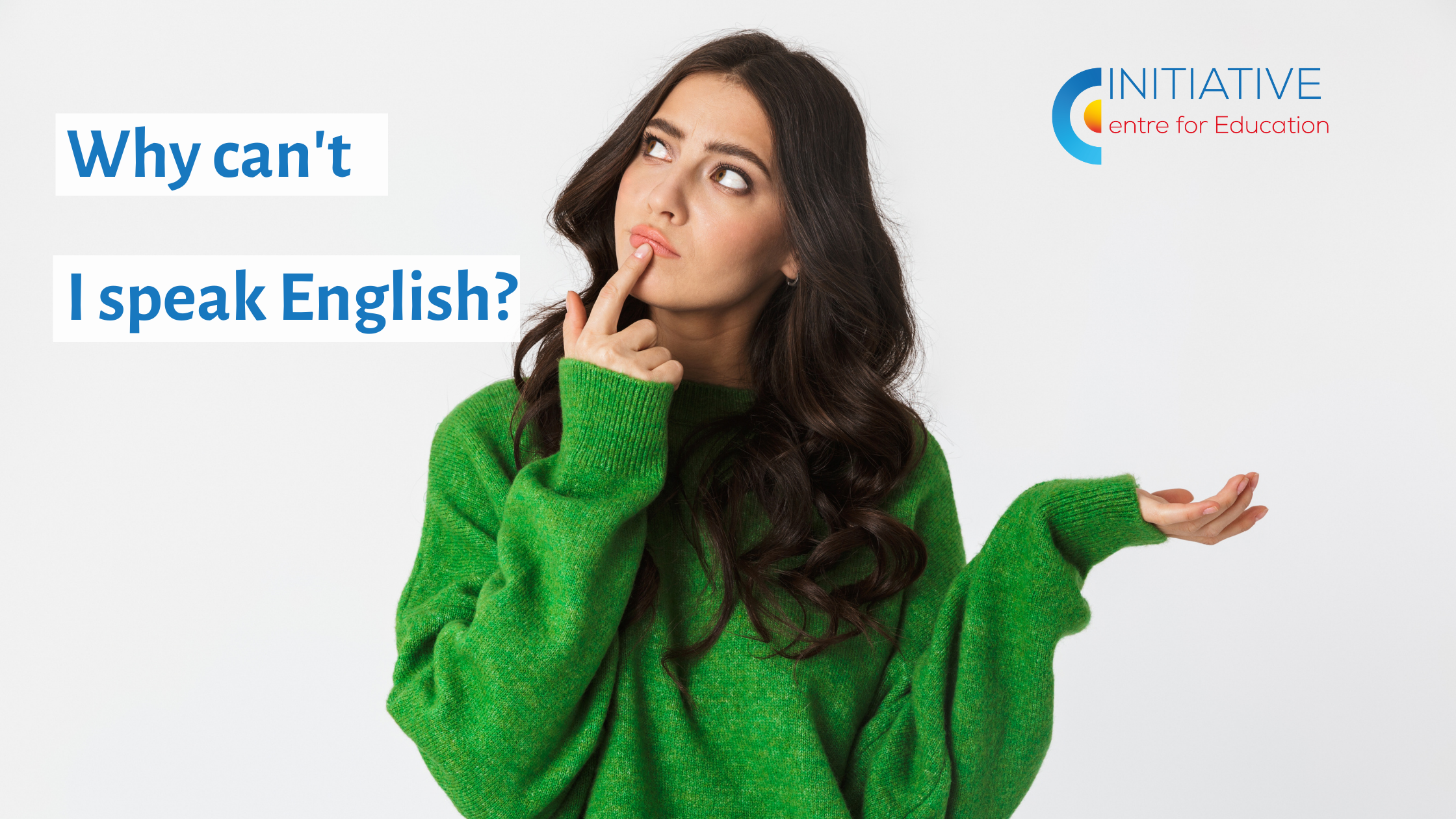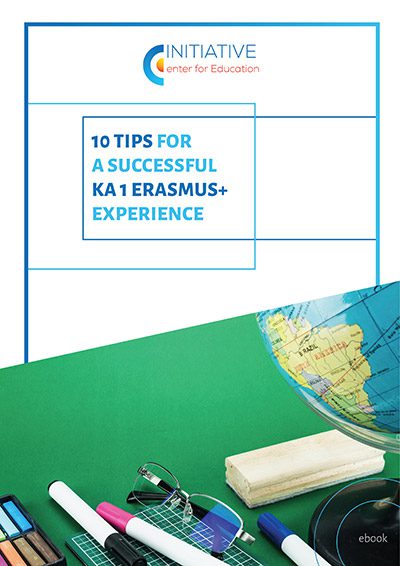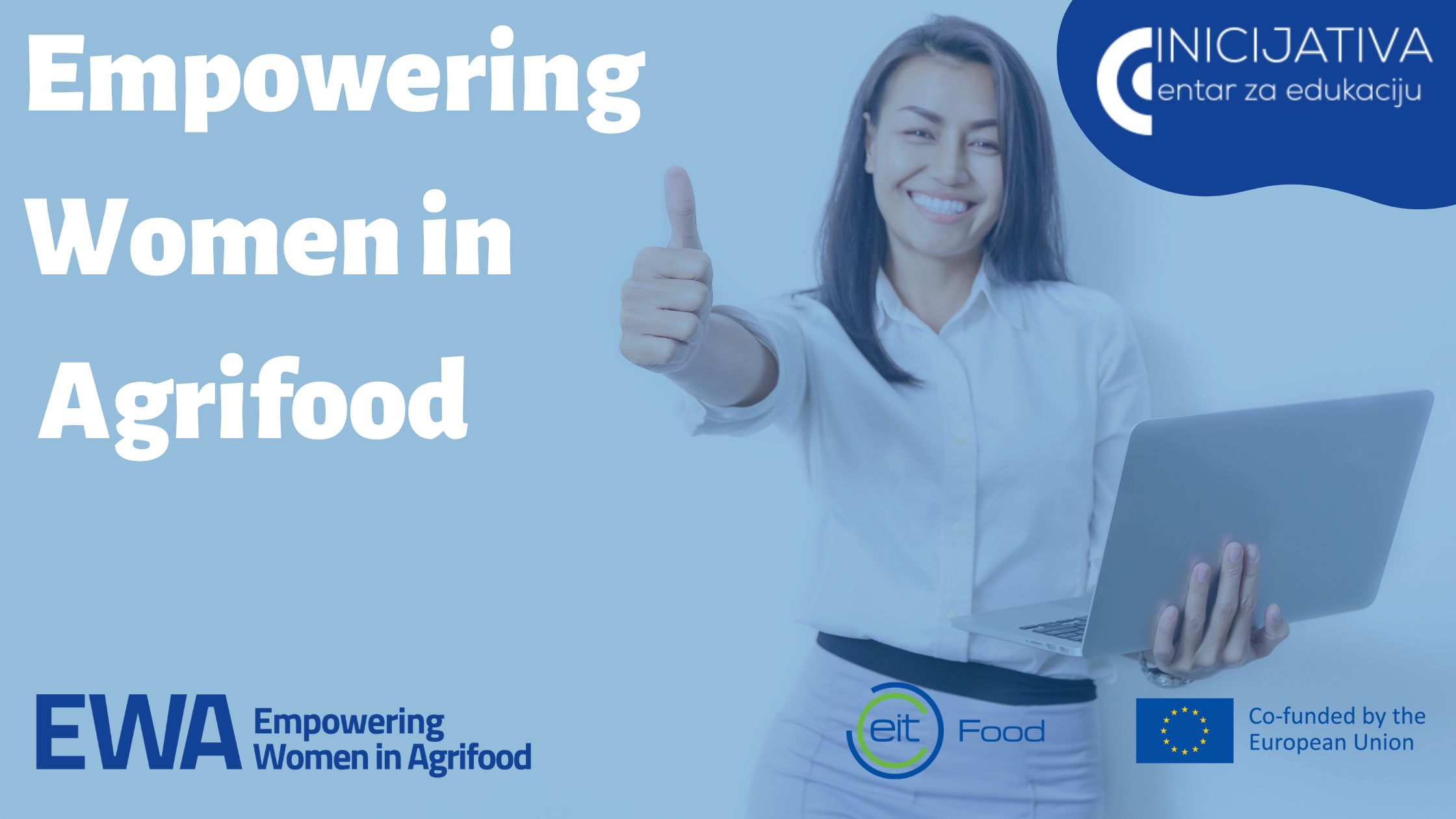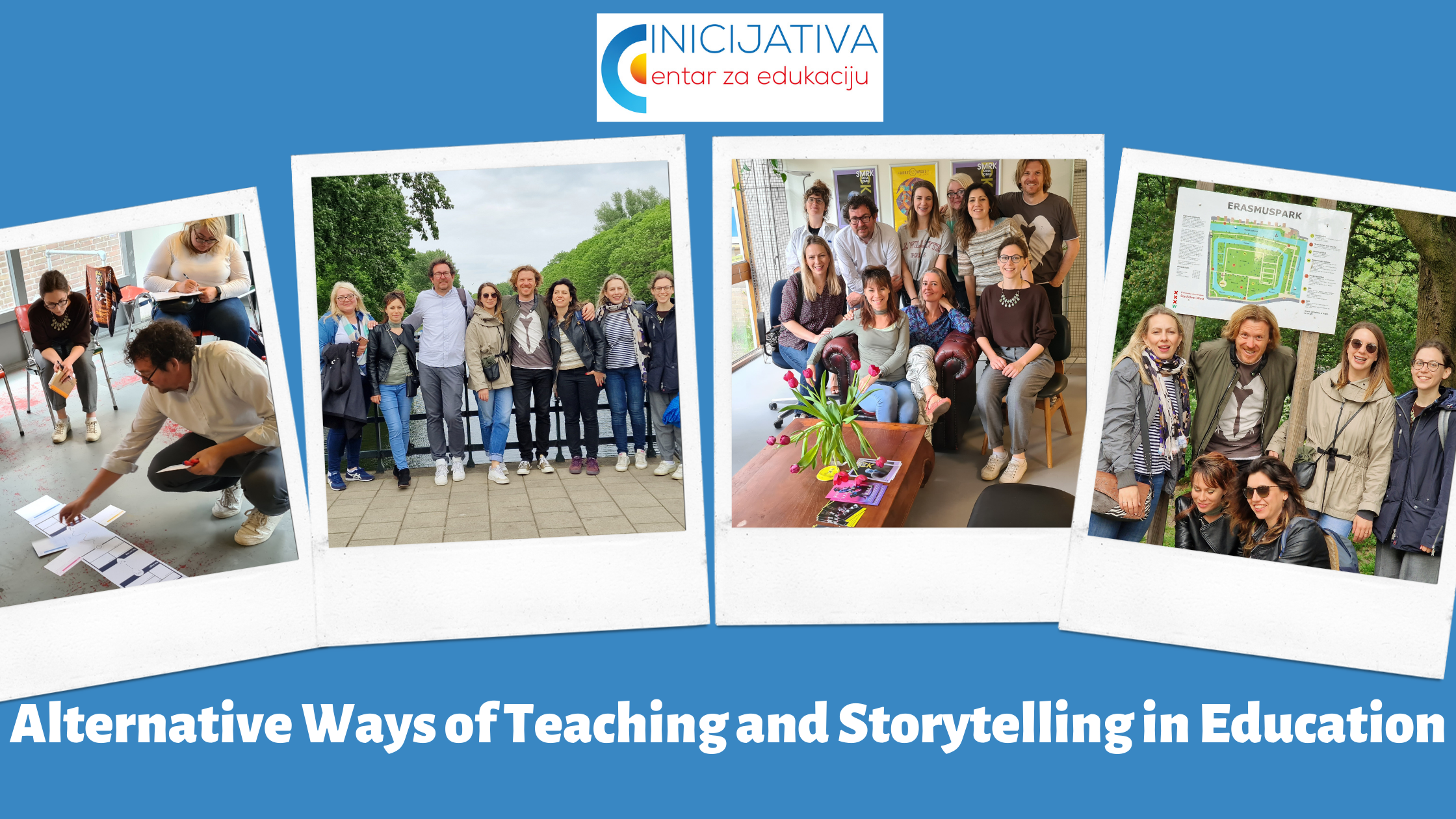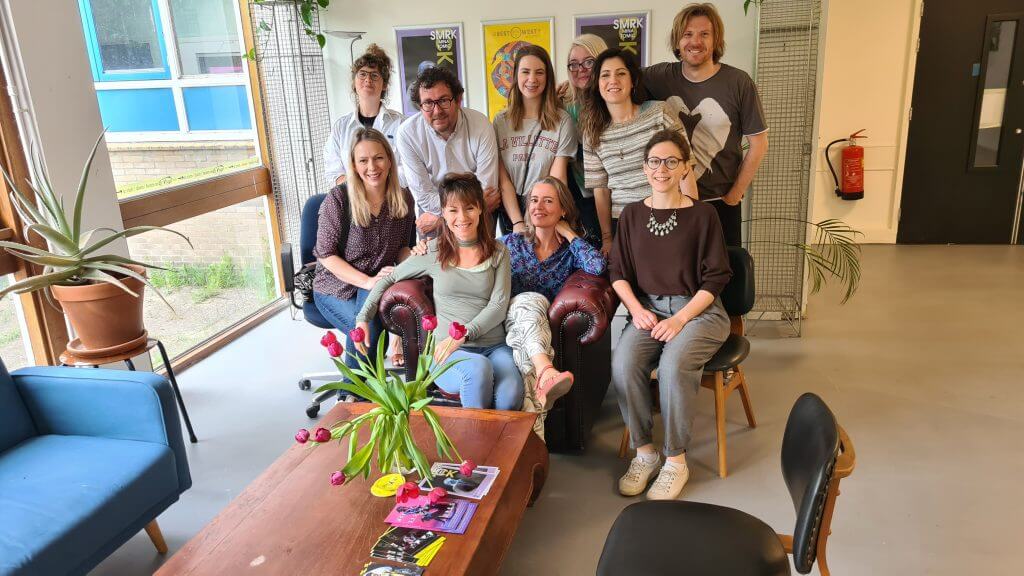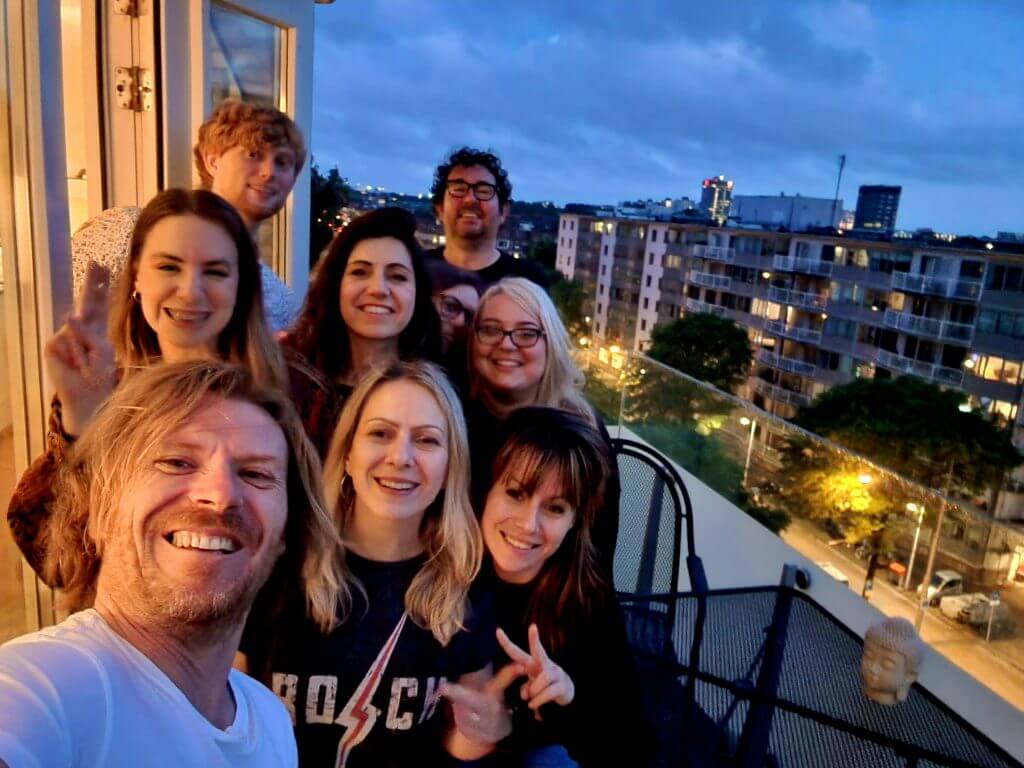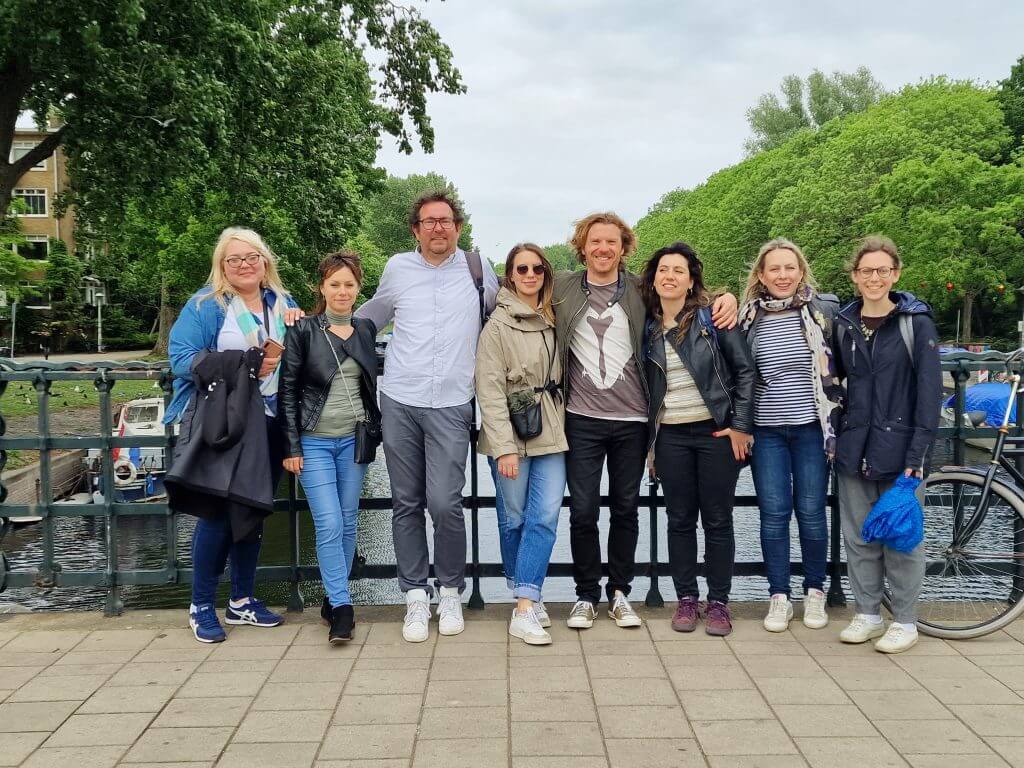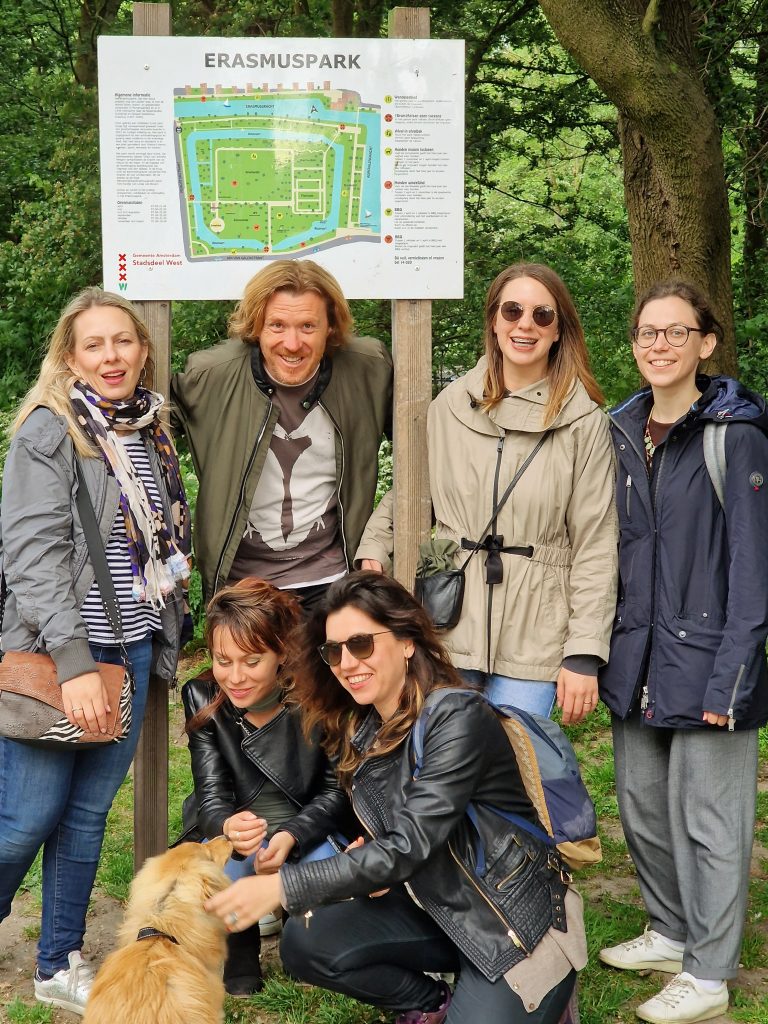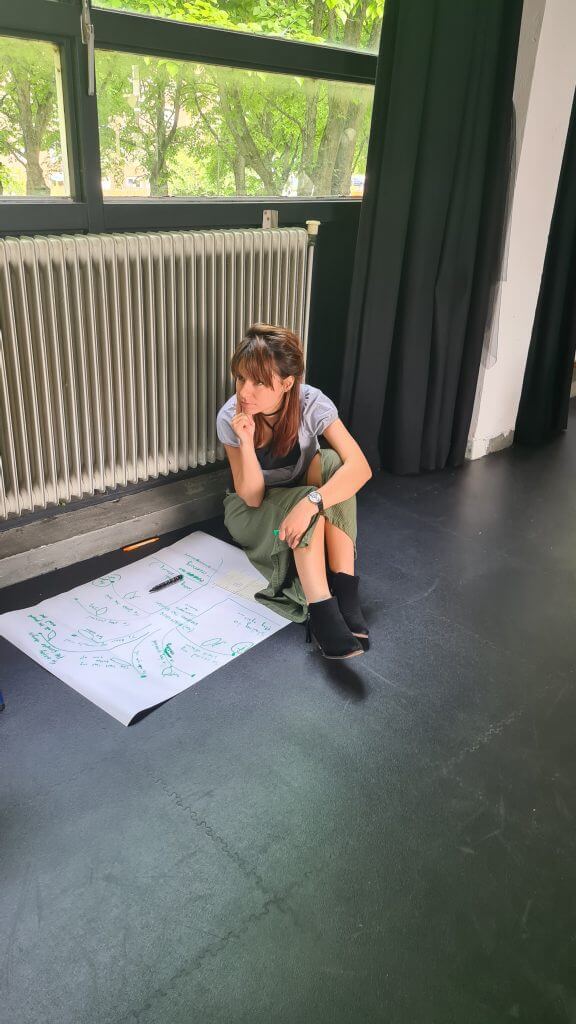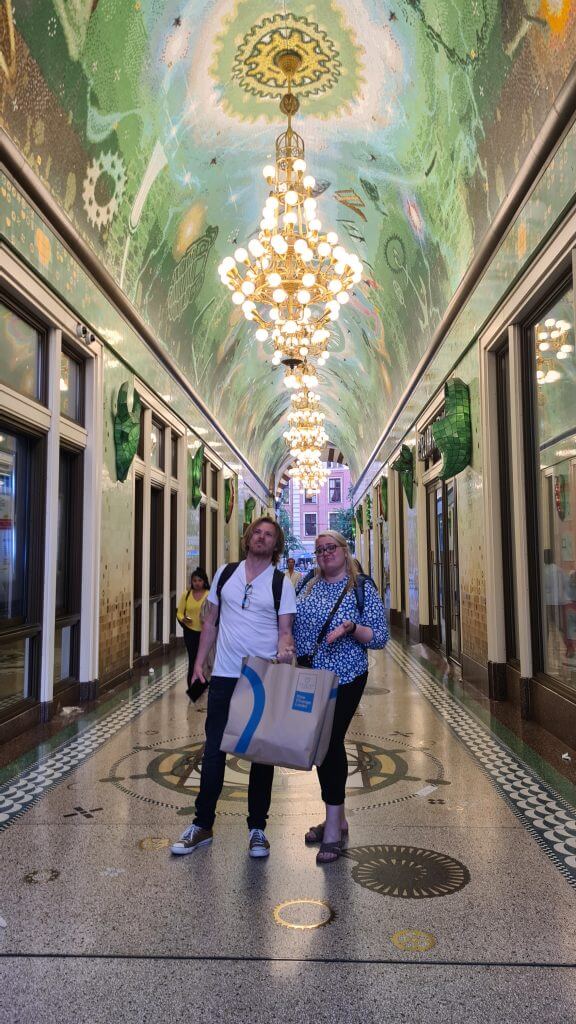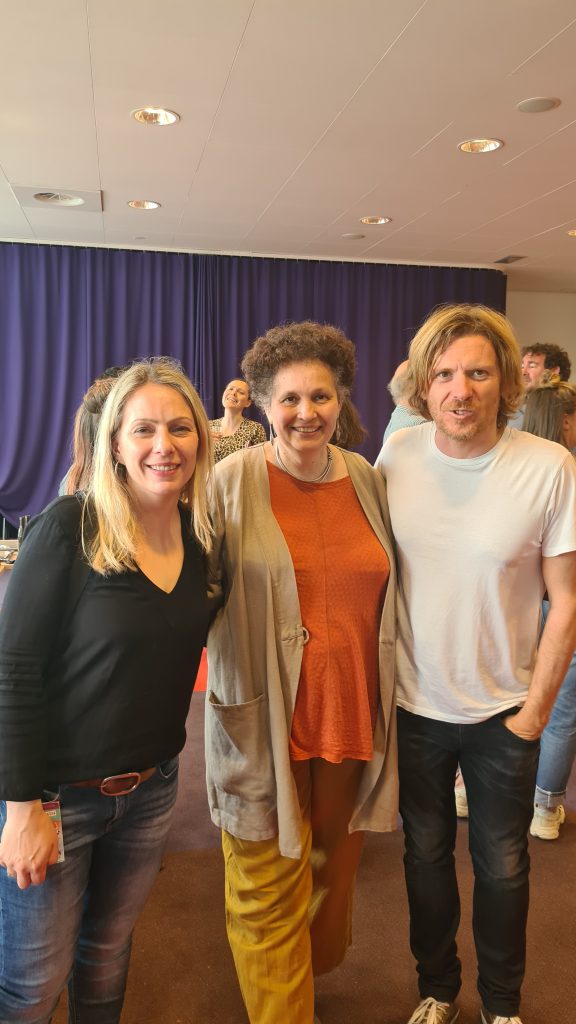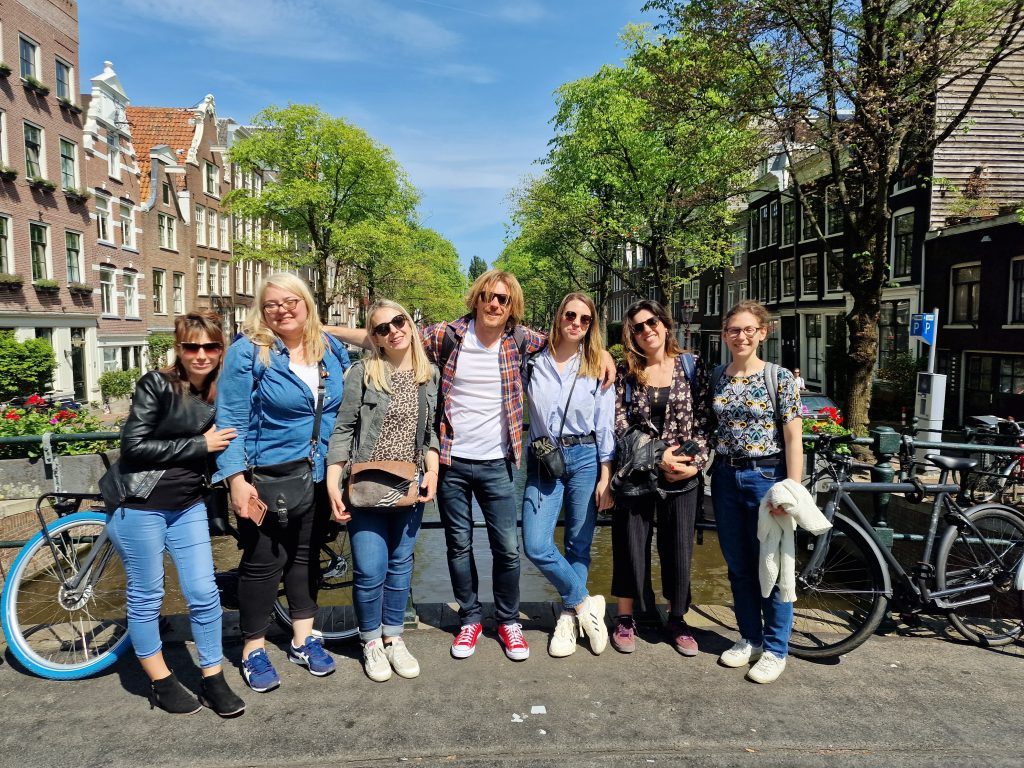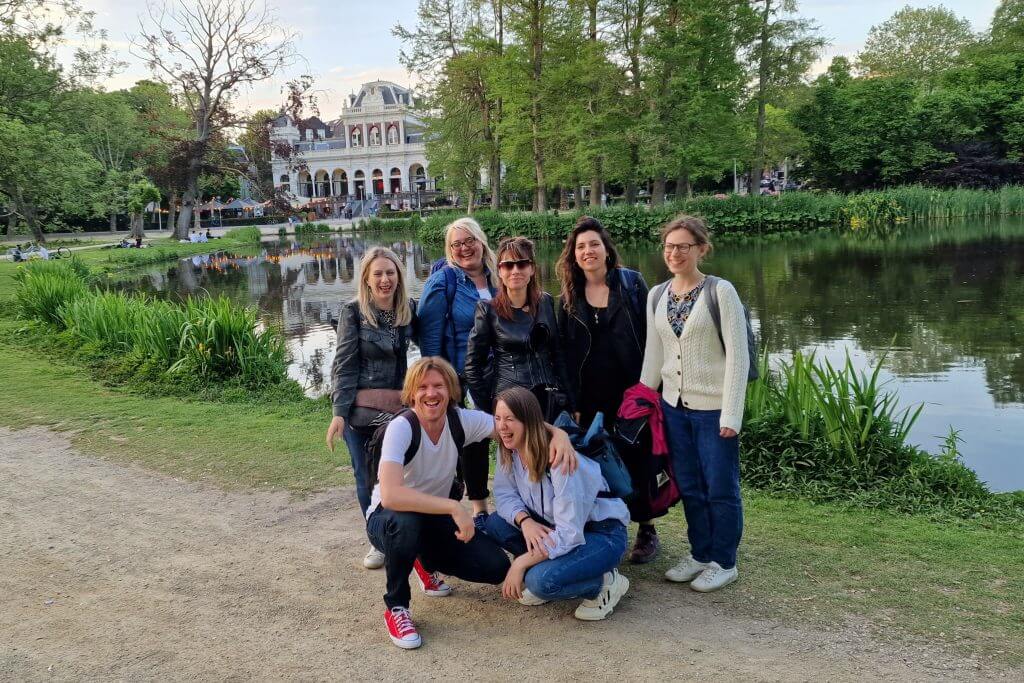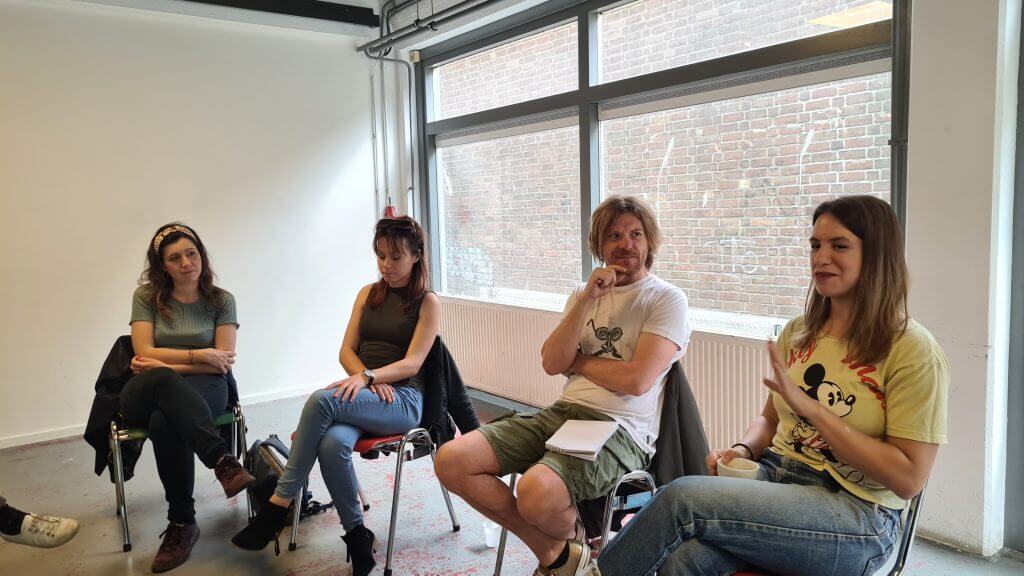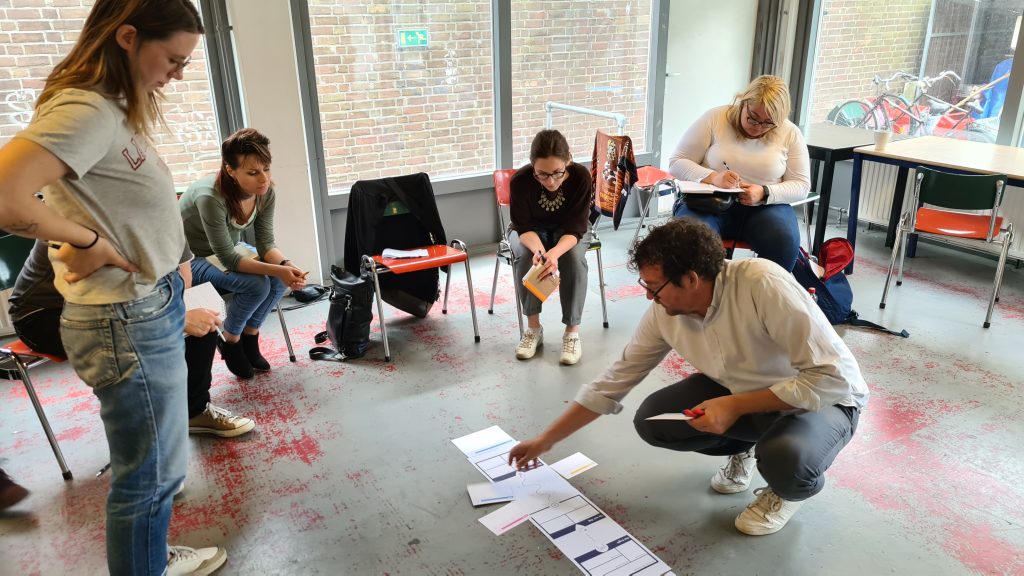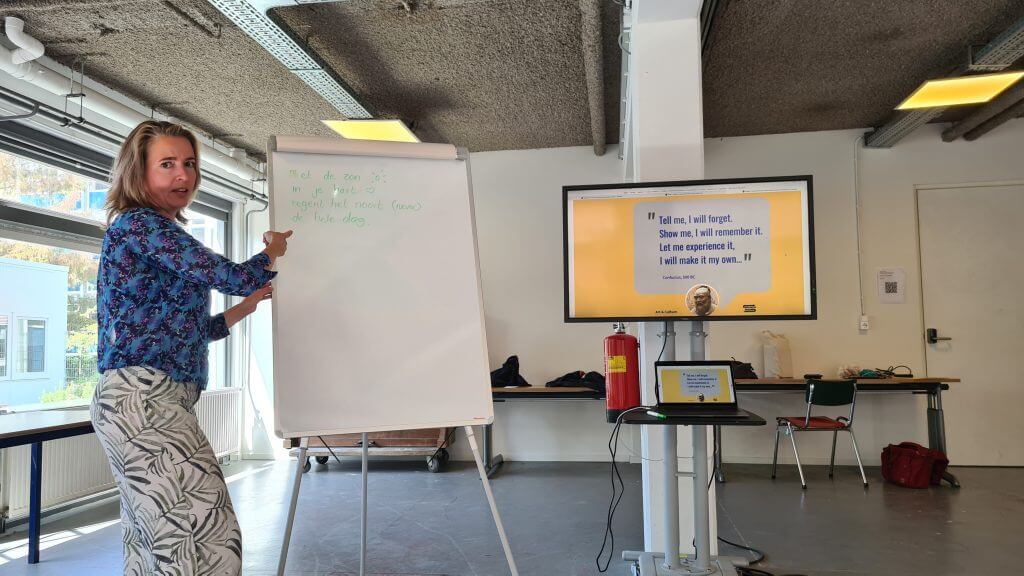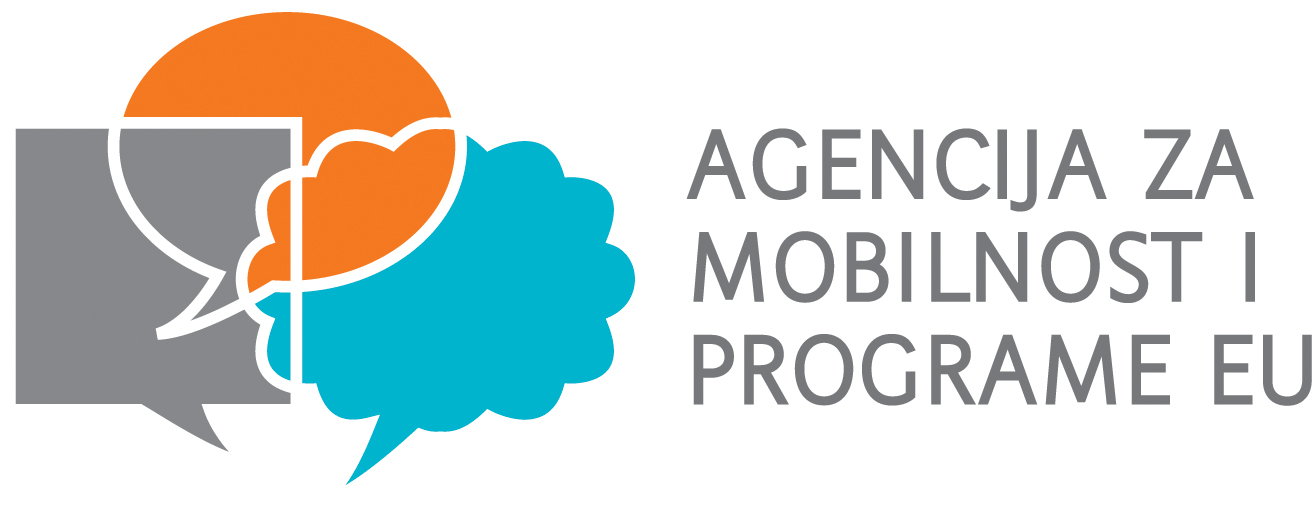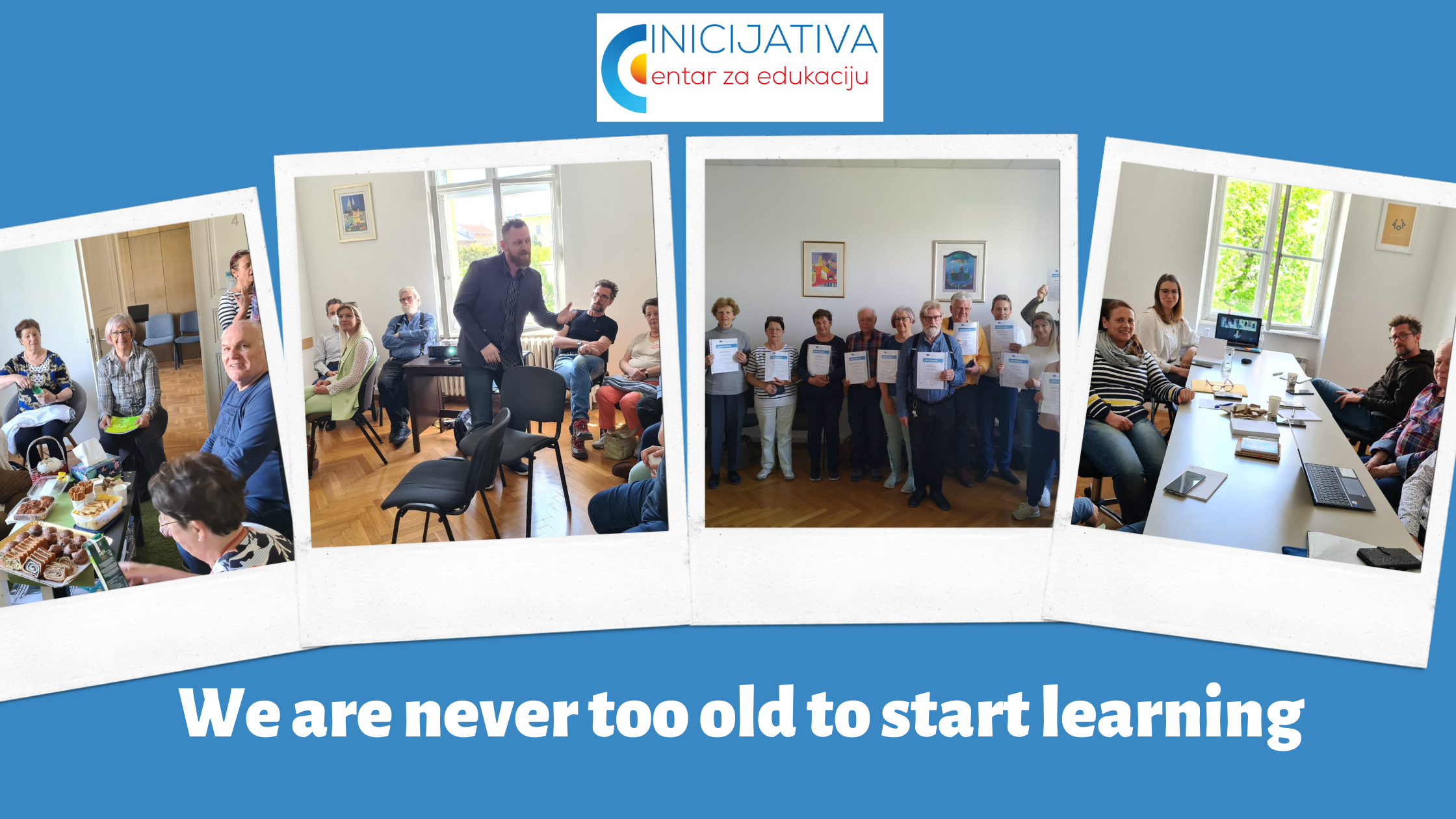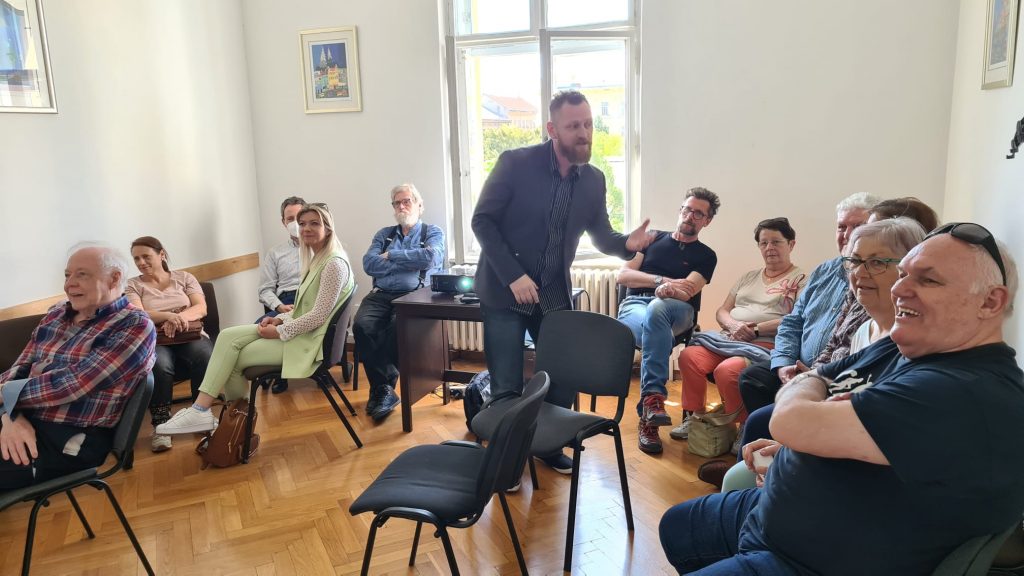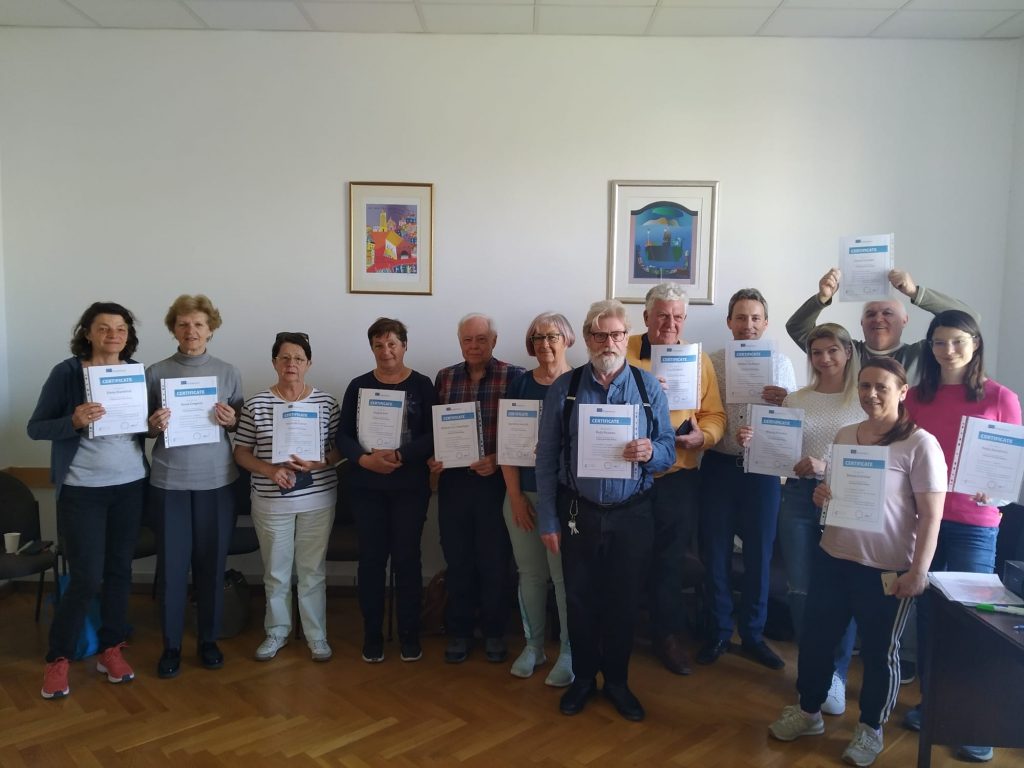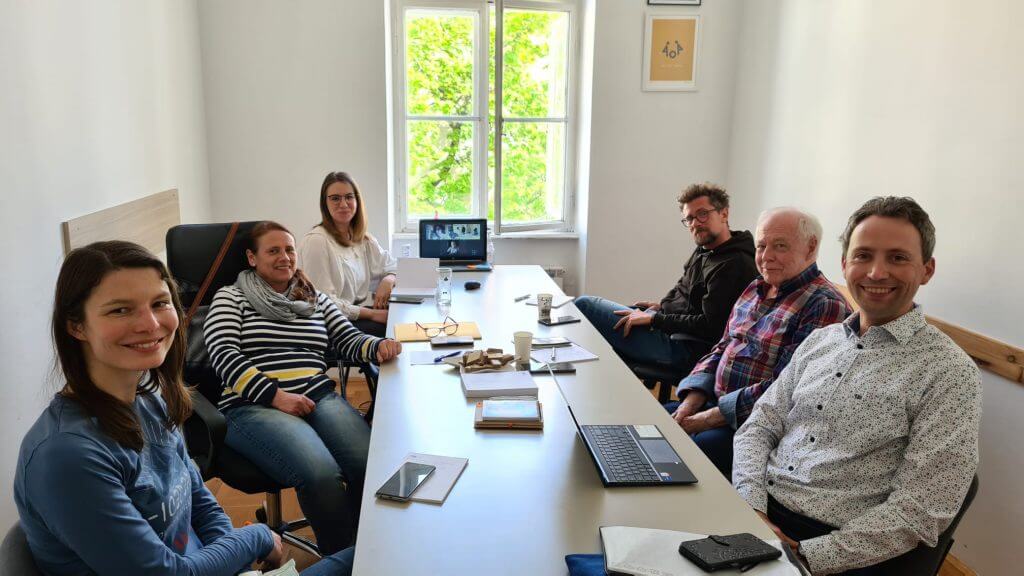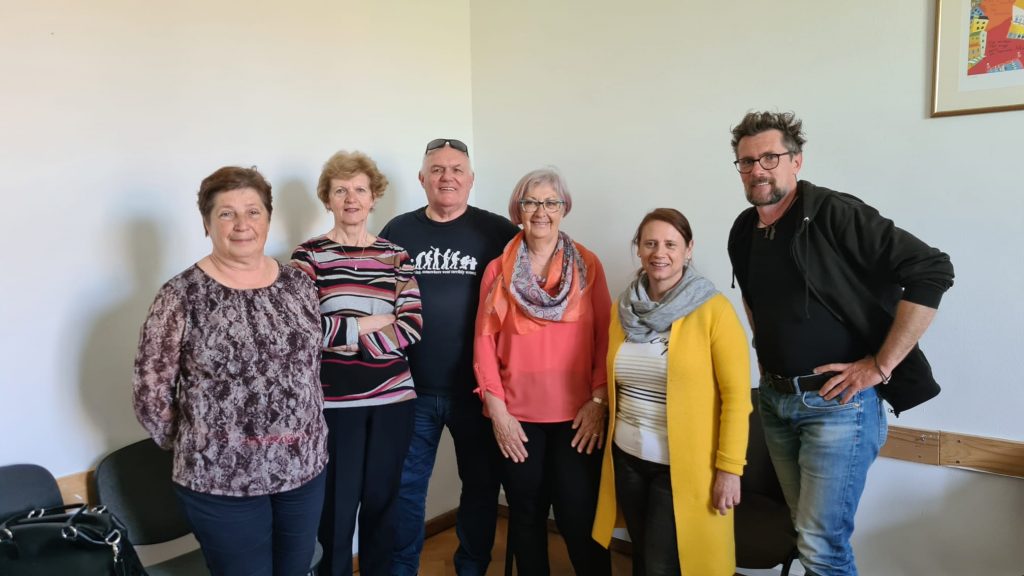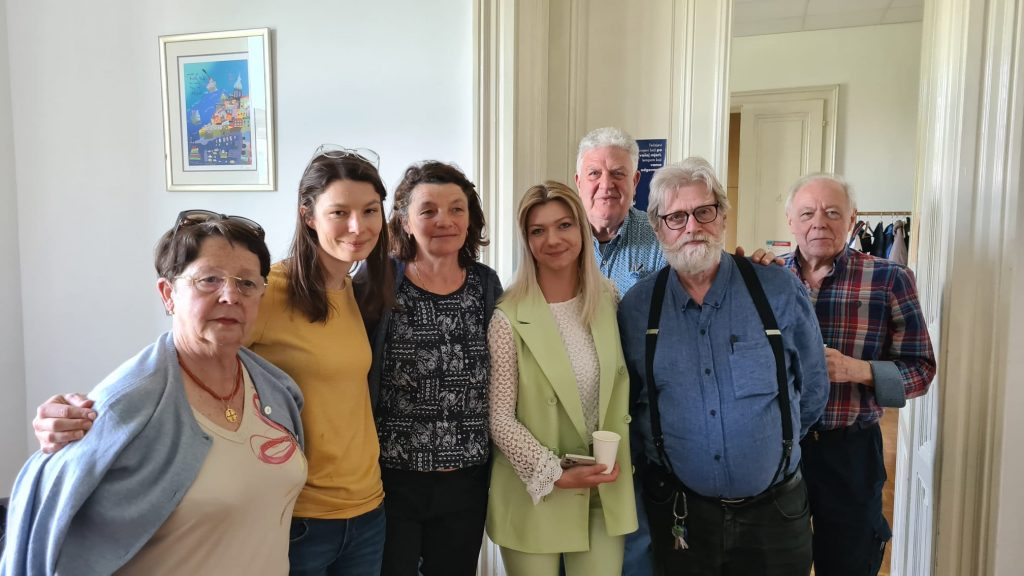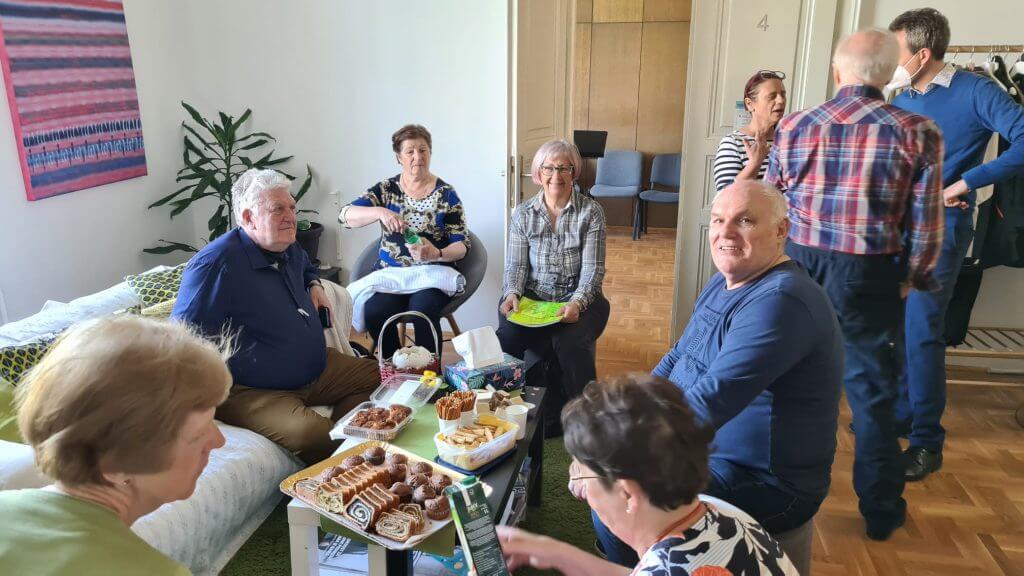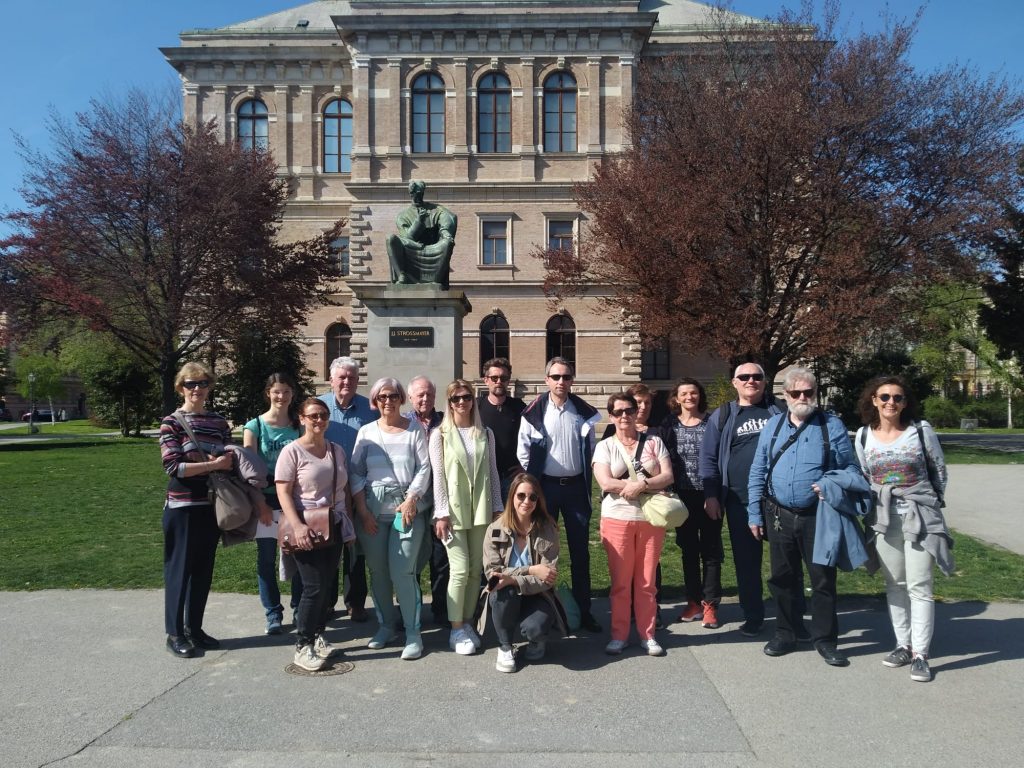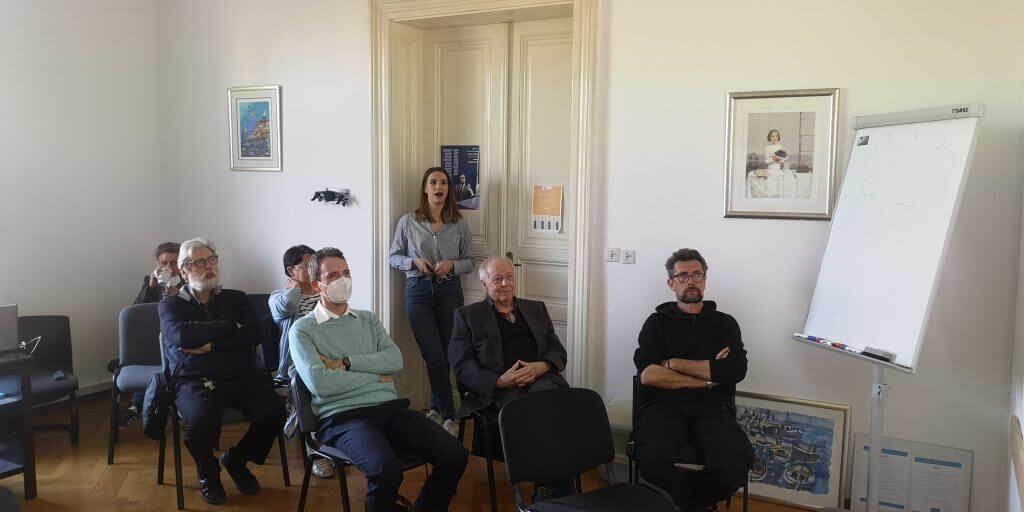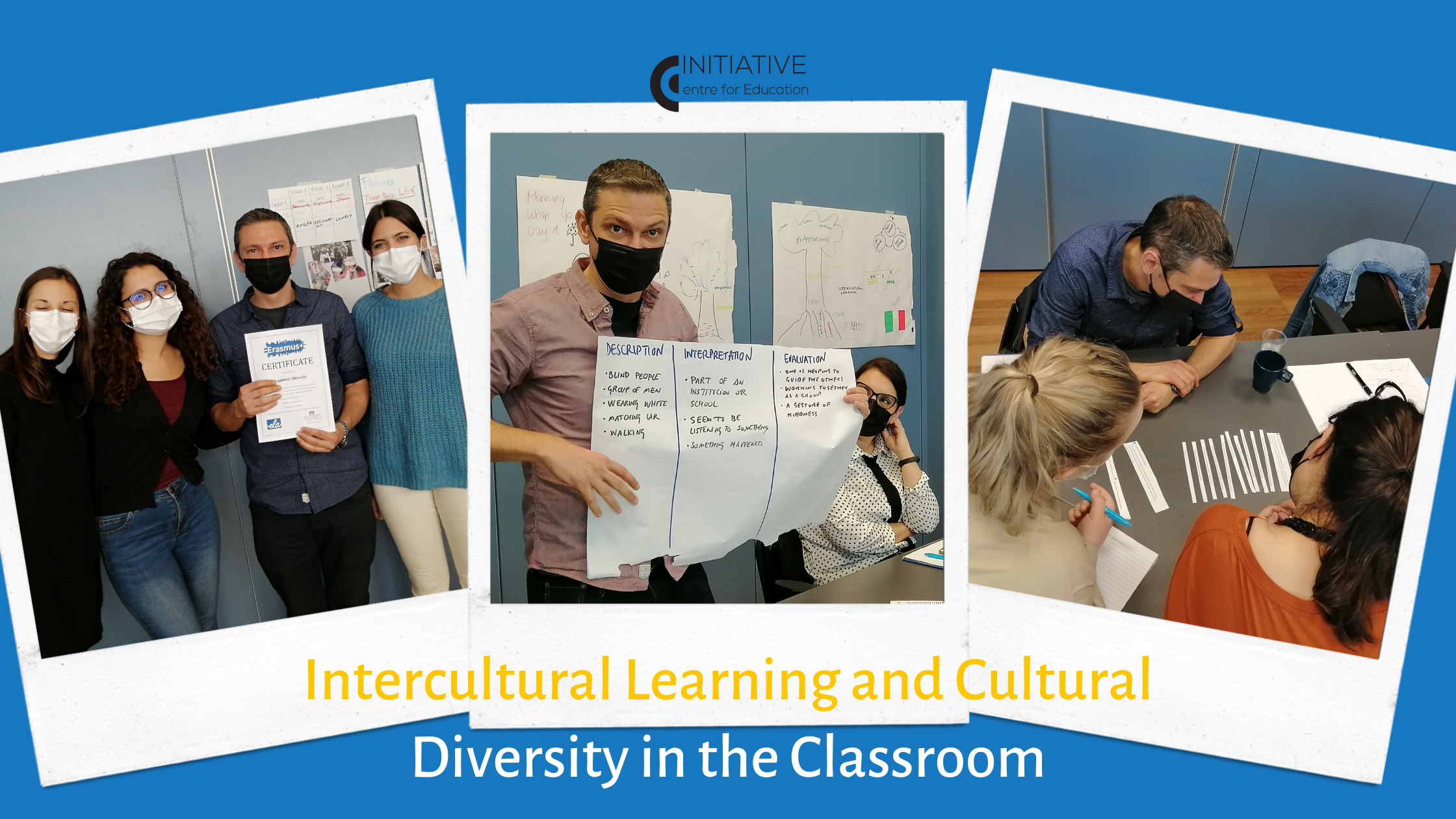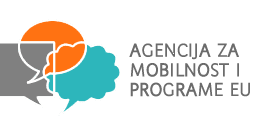Confident Introductions Made Easy: 6 Steps to Shine
If you think back to your first English class, you probably remember the nerves you felt when you had to introduce yourself in English. The challenge was how to present yourself confidently. You might have said, “My name is Amy.” “What’s your name?” But besides just introducing yourself, you want to get to know others a bit more. Meeting new people can sometimes be stressful because we want to make a good impression. It's even more challenging in English, as we fear saying the wrong word or not knowing how to correct ourselves. First impressions are crucial!
Here’s how to introduce yourself confidently in 6 simple steps! Today, we’ll go through vocabulary and phrases that will help you meet people so you can introduce yourself confidently and continue the conversation in a friendly tone.
1. Break the Ice
“Break the ice” is a common phrase in English, meaning to initiate conversation. There are various ways to start a conversation with someone. Greet them and introduce yourself:
Amy: Hello. I’m Amy.
Brian: Hello, I’m Brian.
Amy: Nice to meet you.
You can also break the ice with greetings like “good morning,” “good afternoon,” and “good evening,” or by asking a trivial question that can spark a conversation:
Excuse me, do you know what time it is?
Sorry to bother you, but where is the meeting?
Excuse me, are you going to the restaurant?
You can also start a conversation by giving a compliment:
I love your dress.
You have a beautiful dog!
Is that your car? I really like it.
2. Ask Follow-Up Questions
When you meet someone and want the conversation to continue, ask follow-up questions:
How are you?
Where are you from?
What are you doing here? Or What brings you here?
3. Listen and Ask
If you still lack confidence, pay attention to the responses your conversation partner gives and ask questions:
Amy: How are you?
Brian: A little tired.
Amy: Why is that?
Brian: I didn’t sleep well last night.
Amy: I’m sorry to hear that. What went wrong?
Brian: I’m a bit jet-lagged from my flight.
Amy: I bet. Where did you fly from?
Brian: I came from London last night.
Amy: That’s far! Was it a long flight?4Brian: Just a few hours. But I had a long layover in Frankfurt.
4. Prepare Answers to Questions About Yourself
Conversation isn’t just about asking questions. People will want to know about you too. If you’re unsure of your English skills, prepare some answers in advance for the following questions to feel more at ease:
Where are you from?
What do you do?
What are you doing here?
Do you like your job?
How was your trip?
Are you having a good time?
What do you think of the weather?
What do you think of the movie/event/conference/restaurant?
Even when questions are specific, you can offer some general responses. For example:
Brian: How do you find the conference?
Amy: It’s really interesting. I especially liked the first speaker. What did you think?ž
5. Have a Plan to End the Conversation
However, all that you’ve learned doesn’t guarantee that the conversation will go smoothly. If you feel you have nothing more to say or haven’t connected with the person, here are a few polite ways to end the conversation:
Excuse me, I need to (find my friend/go to a meeting).
Well, it’s been lovely talking to you.
Best of luck.
Nice to meet you, Brian.Let me give you my card before I go.
Enjoy your time here!
6. Smile and be confident!
Most people will be happy that you approached them and talked to them. Even if you make mistakes, keep speaking. People will remember your smile and confidence more than a small error in conversation.
Have fun speaking English!
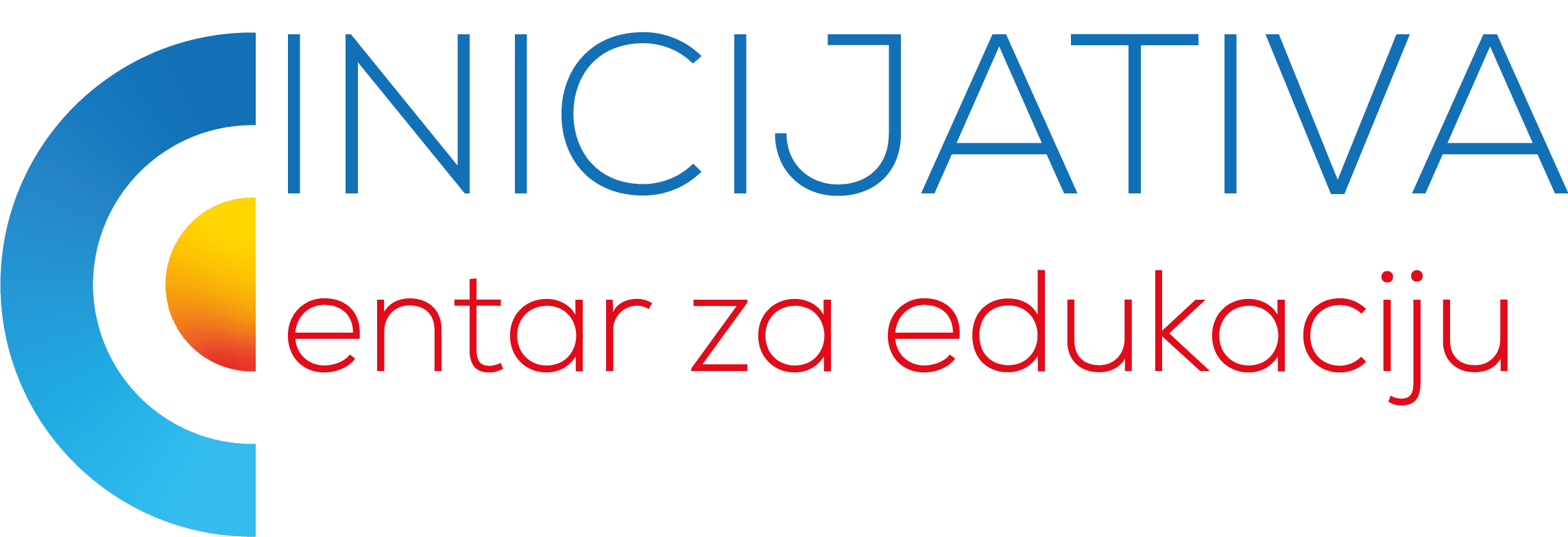

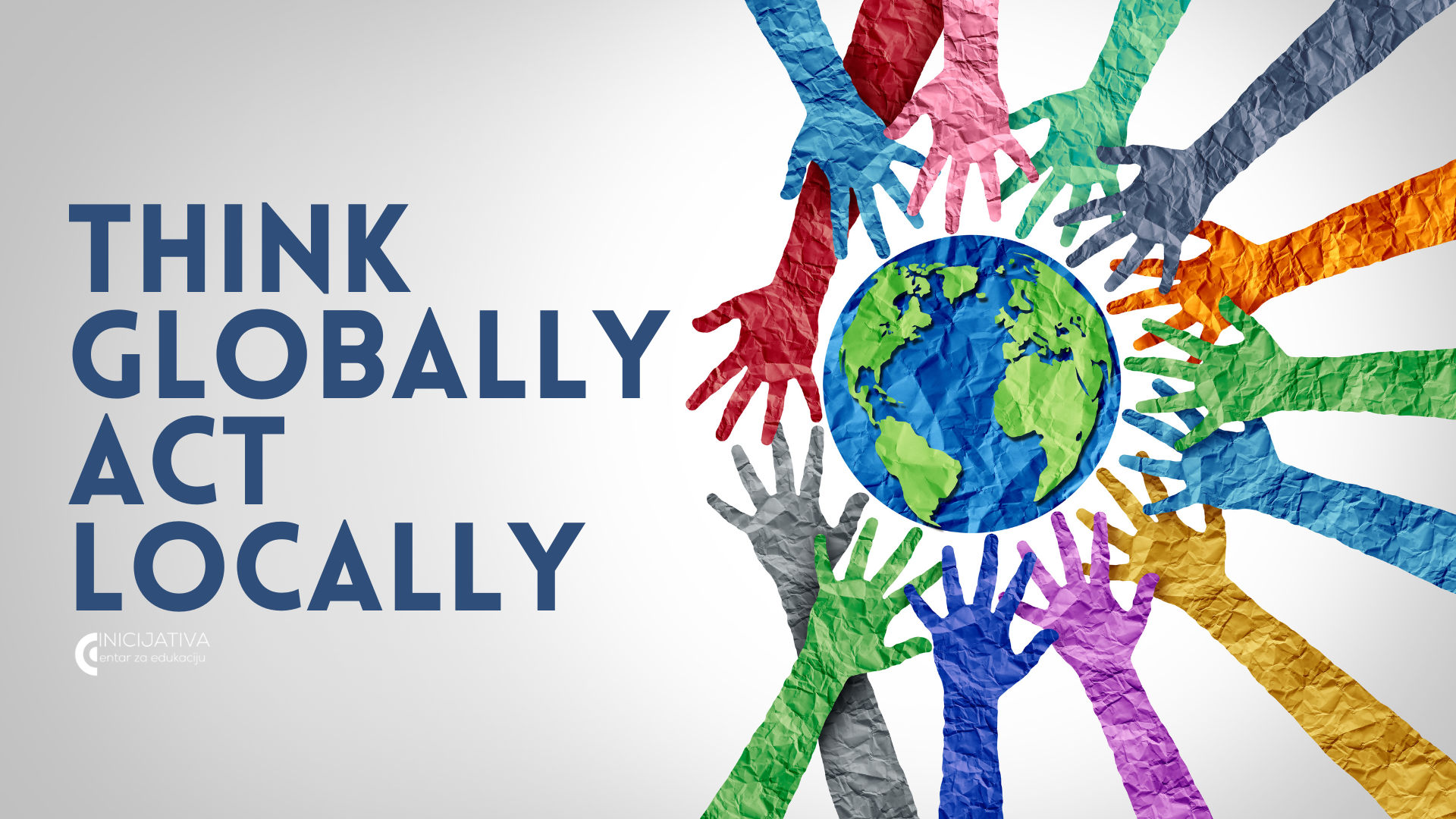


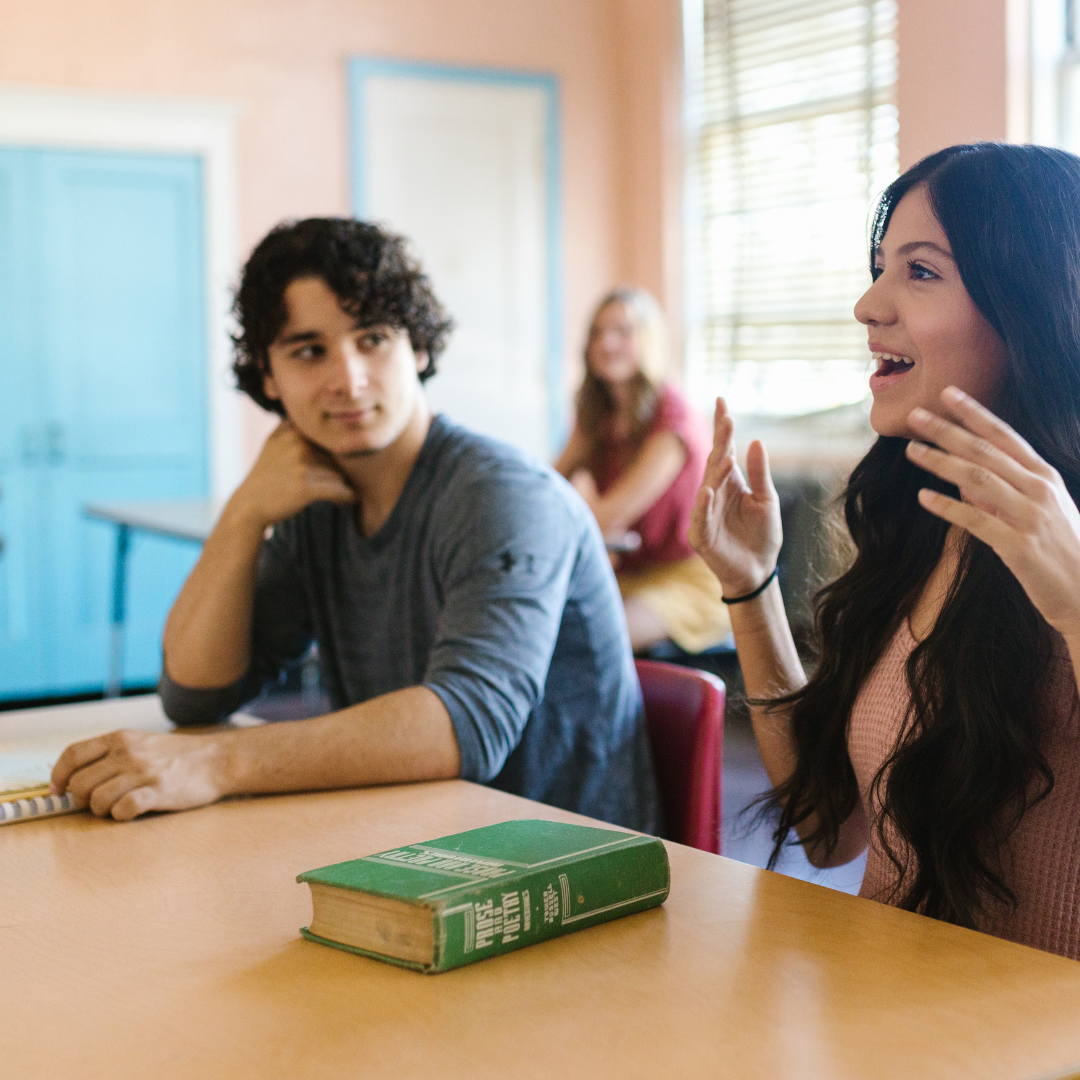





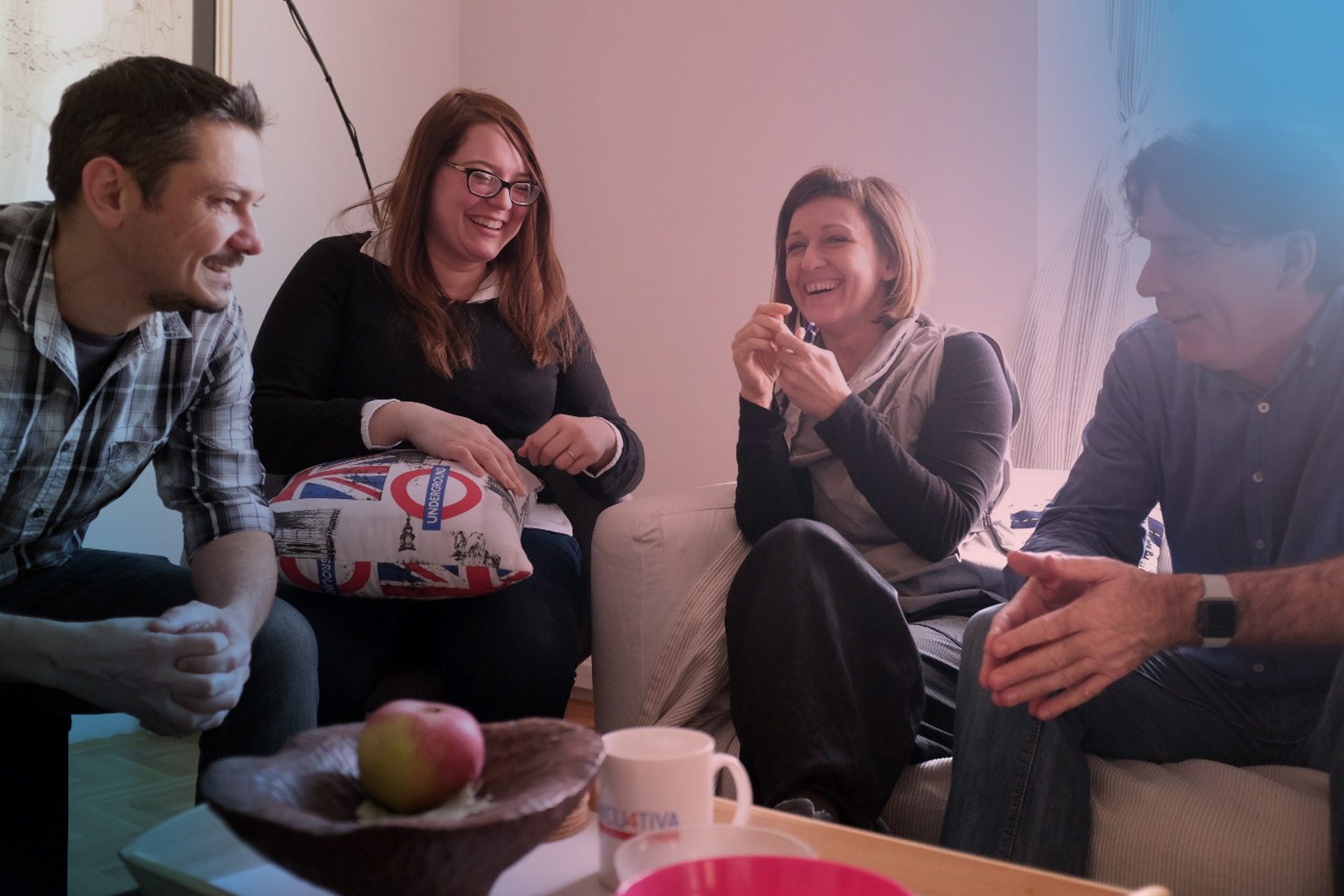
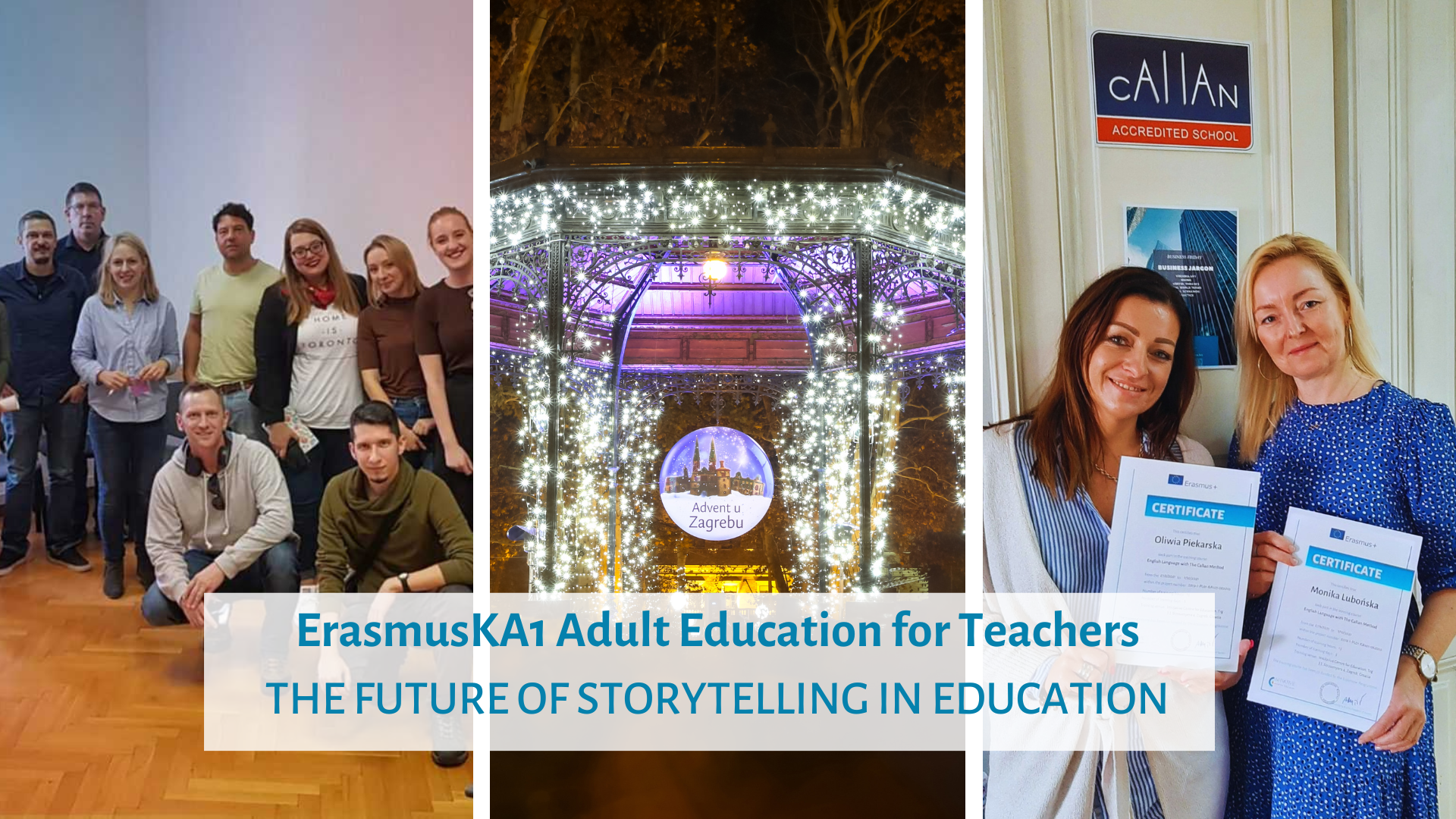
 Unleash the Magic of Storytelling!
Unleash the Magic of Storytelling!  Join Our Course for Teachers & Educators Today!
Join Our Course for Teachers & Educators Today! 

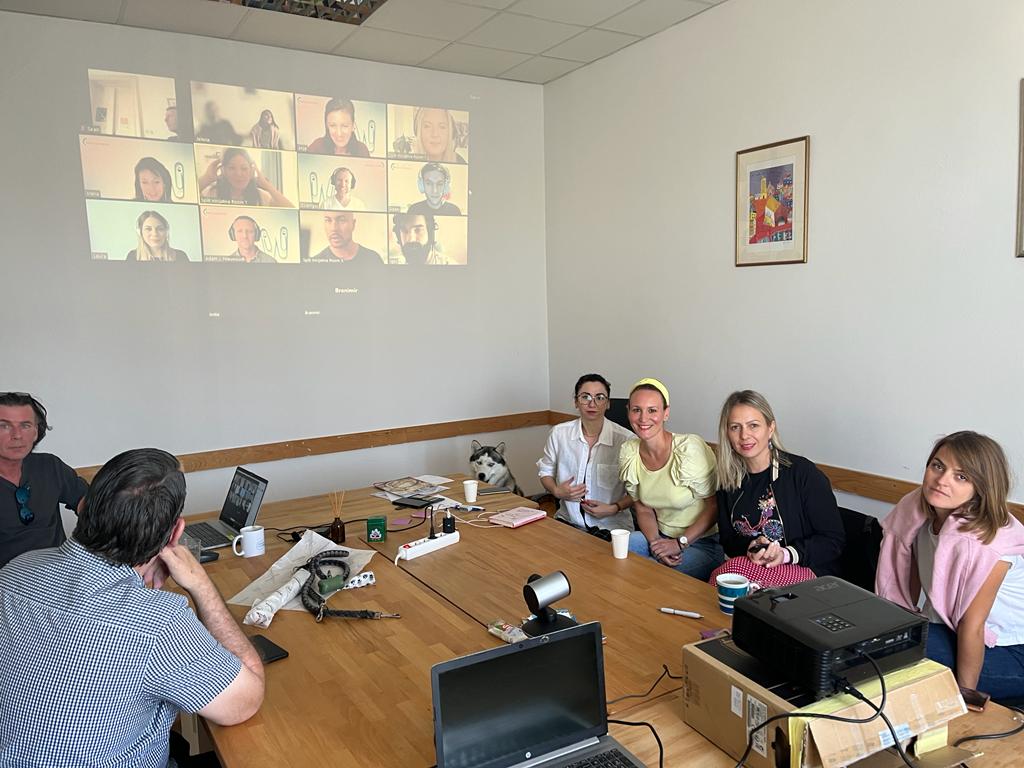
 Key Course Highlights
Key Course Highlights  Master the Art of Engaging Narratives
Master the Art of Engaging Narratives 